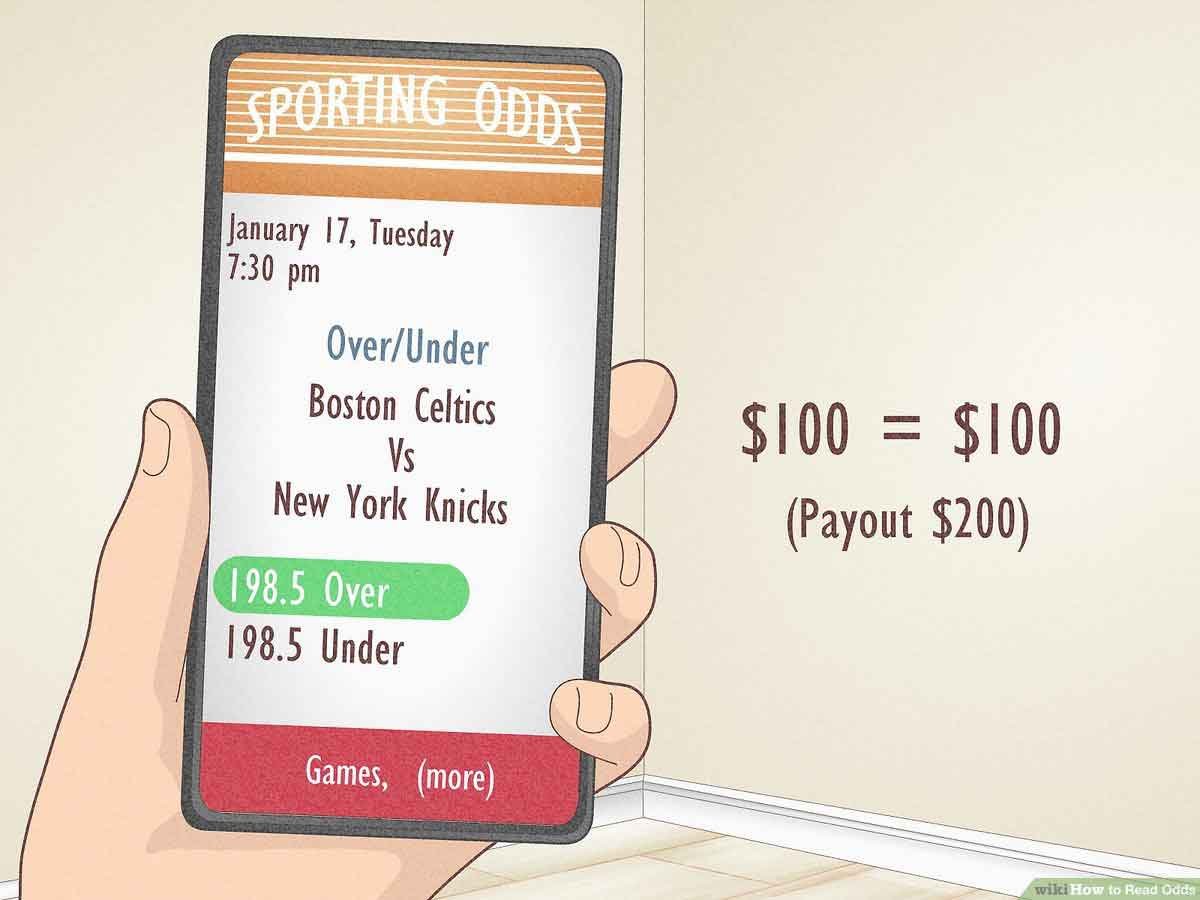Sports betting can be an exciting way to add some extra excitement to watching your favorite sports. However, if you’re new to sports betting, the odds can be confusing and difficult to understand. In this article, we’ll take a closer look at the basics of sports betting odds and how to read them.
Types of Odds
There are three main types of sports betting odds: American, decimal, and fractional. Here’s a closer look at each type:
American Odds
American odds, also known as moneyline odds, are the most common type of odds used in the United States. They’re represented as either a positive or negative number, with the positive number indicating the underdog and the negative number indicating the favorite.
For example, if the odds on a game are -150, it means you would need to bet $150 to win $100. If the odds are +150, it means you would win $150 on a $100 bet.
Decimal Odds
Decimal odds are the most common type of odds used in Europe and Asia. They’re represented as a decimal, with the number indicating the total payout, including your original bet.
For example, if the odds on a game are 2.5, it means you would win $2.50 for every $1 you bet. Your total payout would be $3.50 (your original bet plus your winnings).
Fractional Odds
Fractional odds are the oldest type of odds and are still commonly used in the UK. They’re represented as a fraction, with the first number indicating the potential winnings and the second number indicating the amount of the bet.
For example, if the odds on a game are 5/1, it means you would win $5 for every $1 you bet. Your total payout would be $6 (your original bet plus your winnings).
Reading the Odds
Once you understand the type of odds being used, it’s important to know how to read them. Here’s a quick guide:
Negative Numbers
If the odds are represented as a negative number, the number indicates the amount you would need to bet to win $100.
For example, if the odds on a game are -200, you would need to bet $200 to win $100.
Positive Numbers
If the odds are represented as a positive number, the number indicates the amount you would win on a $100 bet.
For example, if the odds on a game are +150, you would win $150 on a $100 bet.
Decimal Odds
If the odds are represented as a decimal, the number indicates the total payout, including your original bet.
For example, If the odds on a game are 2.5, you would win $2.50 for every $1 you bet. Your total payout would be $3.50 (your original bet plus your winnings).
Fractional Odds
If the odds are represented as a fraction, the first number indicates the potential winnings and the second number indicates the amount of the bet.
For example, if the odds on a game are 5/1, you would win $5 for every $1 you bet. Your total payout would be $6 (your original bet plus your winnings).
Calculating Payouts
Once you know how to read the odds, it’s easy to calculate your potential payouts. Here’s a quick guide:
Negative Numbers
To calculate your payout on a negative number, divide the odds by 100 and then multiply by your bet.
For example, if the odds on a game are -200 and you bet $100, your payout would be $150 ($100 x 100/200).
Positive Numbers
To calculate your payout on a positive number, divide the odds by 100 and then multiply by your bet.
For example, if the odds on a game are +150 and you bet $100, your payout would be $250 ($100 x (150/100) = $150 in winnings + $100 original bet).
Decimal Odds
To calculate your payout on decimal odds, multiply your bet by the odds.
For example, if the odds on a game are 2.5 and you bet $100, your payout would be $250 ($100 x 2.5).
Fractional Odds
To calculate your payout on fractional odds, divide the second number by the first number and then multiply by your bet.
For example, if the odds on a game are 5/1 and you bet $100, your payout would be $600 ($100 x (5/1 + 1) = $500 in winnings + $100 original bet).
Conclusion
Understanding sports betting odds is essential for any beginner looking to get into sports betting. By understanding the different types of odds and how to read them, you can make informed bets and potentially increase your winnings. Just remember to always gamble responsibly and never bet more than you can afford to lose. Good luck and happy betting!

